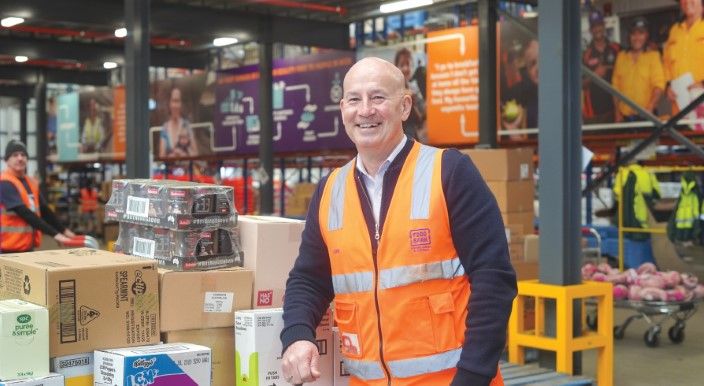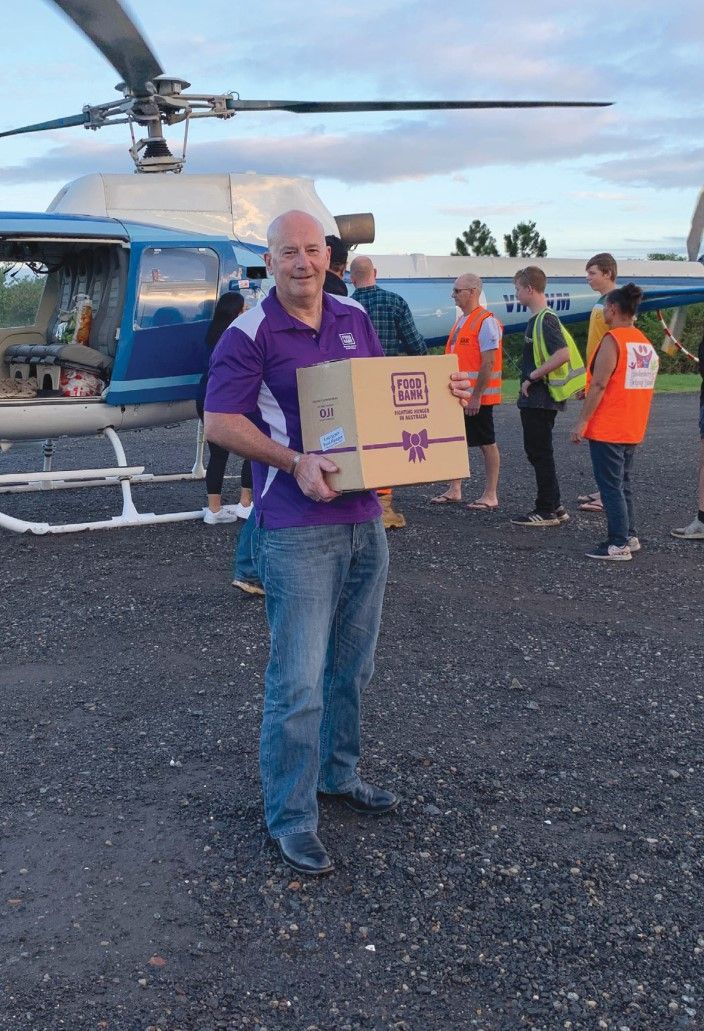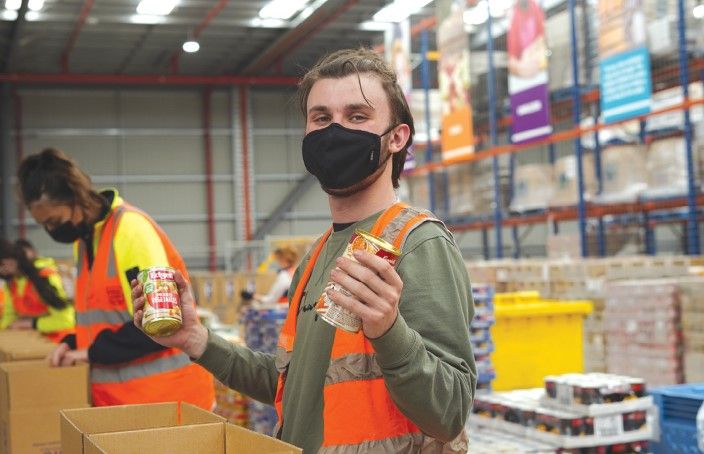
Former NSW Labor Leader and unionist John Robertson has turned his considerable organisational skills to helping those who struggle to put food on the table, writes Sue Osborne.
The best teachers in the world will fail if students turn up to class hungry every morning.
John Robertson believes education is critical to a child’s life and, as CEO of Foodbank, having the School Breakfast 4 Health program under his auspices speaks to his core beliefs.
“Some kids come from families where they don’t have the opportunity to have breakfast, and Foodbank can stop them being left behind,” Robertson says.
Robertson is a former NSW Labor Opposition Leader (2011-2014) and former Secretary of Unions NSW (2001-2008). He is currently President of the NSW Council of Social Service (NCOSS), which advocates to alleviate poverty and disadvantage.
But Robertson admits education hasn’t always been such a priority in his life.
“I remember going to a parents’ evening at my high school where the principal said, ‘if your son or daughter doesn’t want to stay on for the HSC, don’t make them’. Dad would have been shuddering through that one.
“But to his credit, he didn’t try to stop me when I wanted to leave at 16.”
Sparking an interest
Robertson attended Denistone East Public School in the 1970s, and credits Year 6 teacher Peter Jones for sparking his interest in politics.
“It was the time we went to Parliament House in Canberra,” Robertson says. “I remember he engaged me and allowed me to explore the subject further. It was a very balanced conversation that we had.”
This teaching was supported by an active interest in politics at home. Politics, social justice and unionism were regular topics around the Robertsons’ dinner table. Robertson’s father was a union official for the Australian Workers Union (AWU).
When Robertson was a child, his father also stood for ALP preselection and came fourth out of as many candidates.
This taught the young John Robertson just how brutal politics could be – his father was dumped from the position and left unemployed for four months.
“The phone went from ringing off the hook to not ringing at all,” Robertson says.
Robertson became an apprentice electrician at age 16, studying for his trade certificate at Meadowbank TAFE. He regularly sat next to two other young apprentices, one who would go on to be Mayor of Penrith, and the other an MP in the Northern Territory.
“If you’d said to our teacher at the time, ‘those three are going to become politicians’, he would have laughed you out of the room,” Robertson says.






































































































































